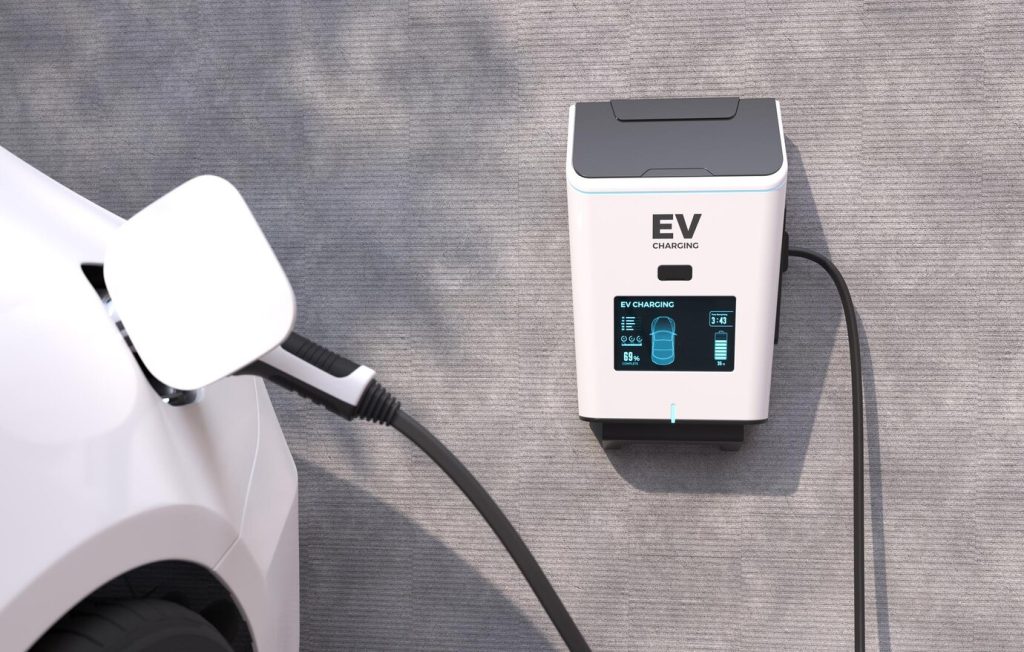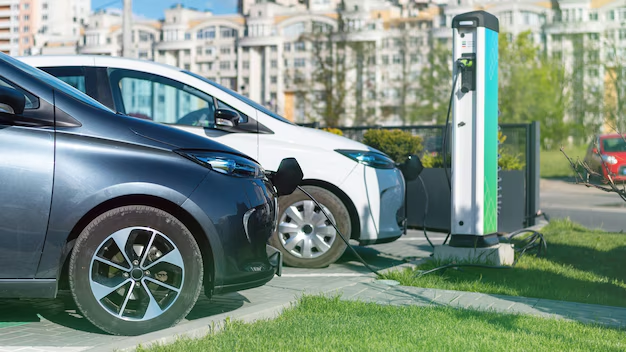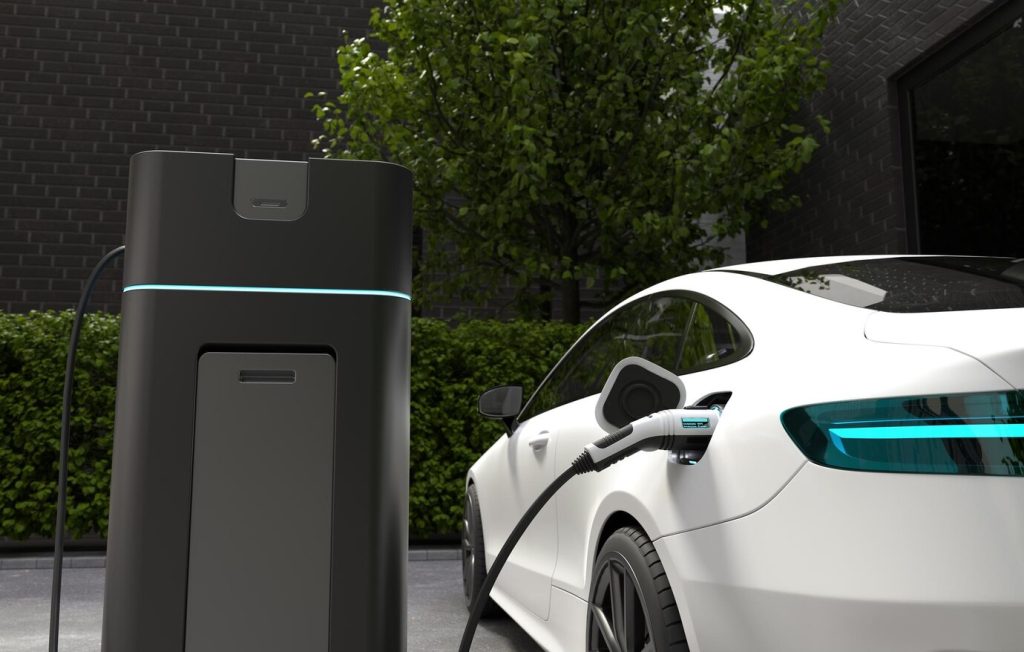For over a century, gasoline-powered cars have ruled the roads, but the rise of electric vehicles (EVs) is reshaping the automotive industry. With governments enforcing stricter emissions regulations, automakers investing billions in EV technology, and consumers becoming more eco-conscious, the shift from gasoline to electric seems inevitable.

But will gasoline cars disappear completely? The answer isn’t simple. While EVs are growing rapidly, gasoline vehicles won’t vanish overnight. The transition depends on charging infrastructure, battery technology, affordability, and consumer adoption. In this article, we’ll explore the future of electric cars, the challenges they face, and whether gasoline cars will truly become a thing of the past.
It is definitely true that the fundamental enabling technology for electric cars is lithium-ion as a cell chemistry technology. In the absence of that, I don’t think it’s possible to make an electric car that is competitive with a gasoline car.
Elon Musk

The Rapid Growth of Electric Vehicles.
The Rapid Growth of Electric Vehicles.
Just a decade ago, electric cars were seen as slow, expensive, and impractical. Today, they’re faster, more affordable, and more efficient than ever. Tesla revolutionized the market by proving that EVs could be high-performance luxury cars, while traditional automakers like Ford, GM, and Volkswagen are now shifting their focus to electric models.
Key Drivers of EV Adoption
Government Policies – The EU plans to ban new gasoline and diesel car sales by 2035, and the U.S. aims for 50% EV sales by 2030. China, the world’s largest auto market, is aggressively pushing EVs through subsidies.
✅ Falling Battery Costs – EV battery prices have dropped by 89% since 2010, making electric cars more affordable.
✅ Environmental Awareness – Consumers are increasingly choosing EVs to reduce carbon footprints and avoid fluctuating gas prices.
In 2023, global EV sales exceeded 10 million, and experts predict they could make up over 30% of new car sales by 2030.
Why Gasoline Cars Still Dominate (For Now)
Despite the EV boom, gasoline-powered vehicles aren’t going away anytime soon. Here’s why:
1. Charging Infrastructure Isn’t Fully Developed
While home charging works for daily commutes, long-distance travel still relies on public fast-charging stations, which are less available than gas stations. Rural areas, in particular, lack sufficient charging points. Until charging becomes as quick and convenient as filling up a gas tank, many drivers will hesitate to switch.
Although EV prices are dropping, they’re still more expensive than comparable gasoline cars. While lower operating costs (electricity vs. gas) save money over time, the initial investment remains a barrier for many buyers.
Millions of drivers rely on affordable used gasoline cars, and the used EV market is still developing. Until reliable, budget-friendly used EVs become widely available, gasoline cars will dominate the secondhand market.
When Will Gasoline Cars Decline? A Possible Timeline
Modern EVs offer 200-300 miles per charge, but cold weather and heavy loads can reduce range. Additionally, even the fastest chargers take 15-30 minutes for an 80% charge, while gasoline cars refuel in under 5 minutes.
When Will Gasoline Cars Decline? A Possible Timeline
The transition from gasoline to electric won’t happen overnight. Here’s a realistic outlook:
📅 2020s – EVs Gain Traction
- EV sales grow rapidly, especially in Europe, China, and the U.S.
- Gasoline cars still dominate global sales, but automakers phase out diesel models.
📅 2030s – The Tipping Point
- Many countries ban new gasoline car sales (EU, UK, California, etc.).
- EVs become cheaper than gas cars due to falling battery costs.
- Charging networks expand, reducing range anxiety.
📅 2040s – Gasoline Cars Become Rare in Developed Nations
- Most new cars sold are electric.
- Gasoline cars remain in developing markets where EV adoption is slower.
📅 2050s – The End of Gasoline Dominance?
Hydrogen and other alternative fuels could emerge as competitors to EVs.
Gasoline cars may become collector’s items or niche vehicles.
Challenges EVs Must Overcome
For electric cars to fully replace gasoline vehicles, several obstacles must be addressed:
🔋 Battery Technology Improvements – We need longer-lasting, faster-charging, and more affordable batteries (solid-state batteries could be a game-changer).
⚡ Faster Charging Speeds – If EVs can recharge in 5-10 minutes (like gas cars), adoption will skyrocket.
🏗️ Expansion of Charging Networks – More fast-charging stations are needed, especially in rural and underserved areas.
💡 Grid Upgrades – More EVs mean higher electricity demand—power grids must be reinforced to handle the load.
⛏️ Sustainable Mining – EV batteries require lithium, cobalt, and nickel—ethical and eco-friendly mining practices are essential.


